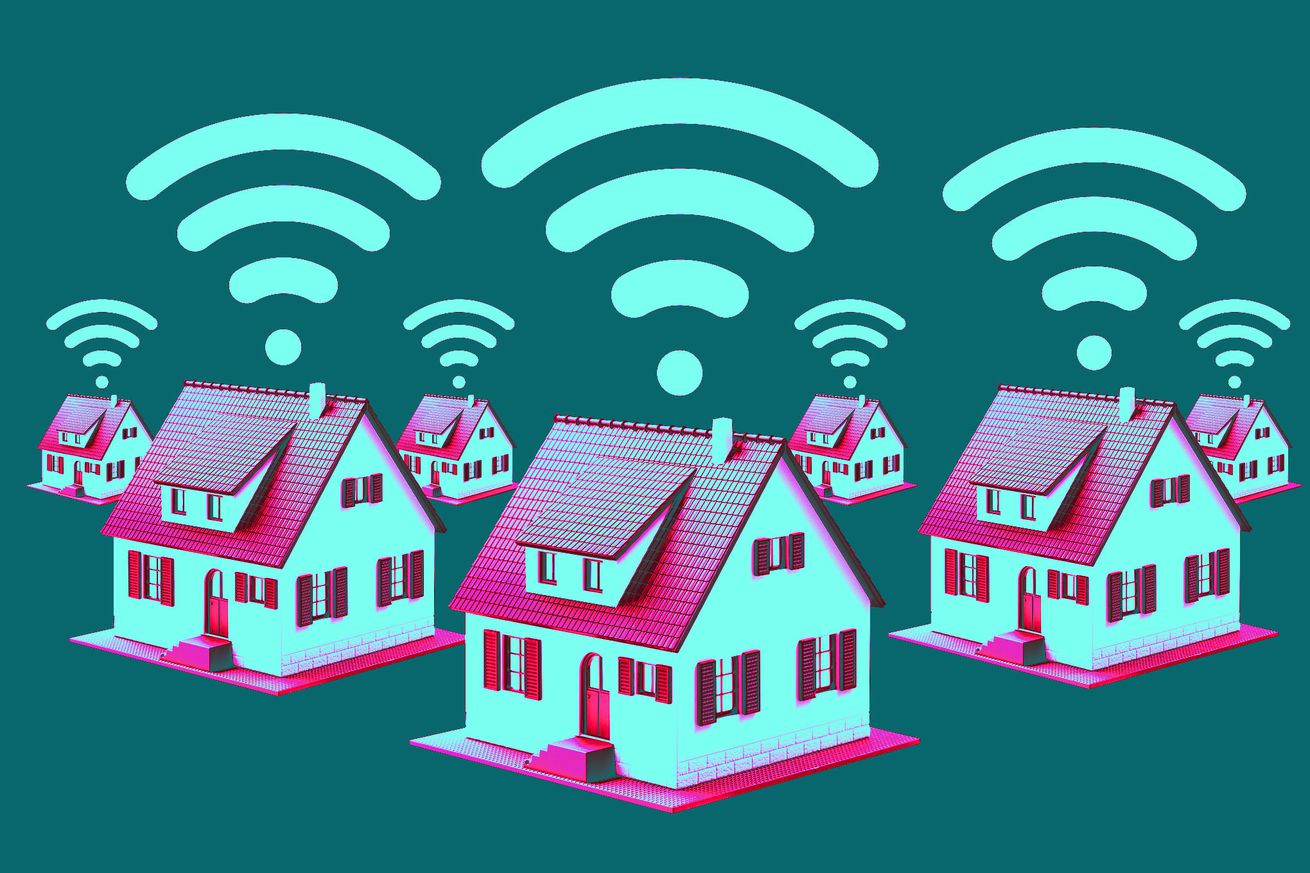- by foxnews
- 08 Apr 2025
FCC and the broadband industry argue net neutrality’s future
Attorneys for the Federal Communications Commission and groups representing the broadband industry argued about the future of net neutrality to a panel of appeals court judges on Thursday.The hearing was part of an endless political ping-pong game over net neutrality rules which reclassify internet service providers (ISPs) as common carriers, barring them from selectively throttling web traffic. After being enacted under President Barack Obama and repealed under his successor, Donald Trump, they were reinstated by Joe Biden’s FCC in April. The latest iteration didn’t get far since the Sixth Circuit Court of Appeals put the rules on hold while it considers the case. During oral arguments on Thursday, two George W. Bush-appointed
- by theverge
- 01 Nov 2024
- in technology

Attorneys for the Federal Communications Commission and groups representing the broadband industry argued about the future of net neutrality to a panel of appeals court judges on Thursday.
The hearing was part of an endless political ping-pong game over net neutrality rules - which reclassify internet service providers (ISPs) as common carriers, barring them from selectively throttling web traffic. After being enacted under President Barack Obama and repealed under his successor, Donald Trump, they were reinstated by Joe Biden's FCC in April. The latest iteration didn't get far since the Sixth Circuit Court of Appeals put the rules on hold while it considers the case.
During oral arguments on Thursday, two George W. Bush-appointed judges and one Trump appointee probed both sides about the nuanced interpretations of a "telecommunications service." But the bigger question is whether the FCC still has the authority to enforce rules like net neutrality after two Supreme Court rulings that gutted regulators' powers.
Much of the hearing focused on the significance of the "major questions" doctrine, which says Congress must explicitly grant agencies the power to make certain decisions, and the end of a doctrine known as Chevron deference, which instructed judges to defer to agency expertise. In a post-Chevron world, courts have far more liberty to make their own determinations about whether a policy like net neutrality should exist. While net neutrality has always faced its challenges, these changes make its path to implementation even harder.
In court, Jeffrey Wall - arguing on behalf of the broadband industry - tried to characterize the FCC's rules as a power grab that strained the limits of its authority. "This agency is champing the bit to use its other Title II [common carrier] powers that it unlocks here to regulate all sorts of things about ISPs: what kind of plans they offer you, what cost," Wall said. "It's about unlocking a suite of government powers to take an industry that has historically been unregulated by the federal government ... taking it into a world of heavy-handed regulation that will extend far beyond net neutrality. It will extend to everything about the internet."
The FCC's Jacob Lewis argued it's obvious Congress intended to let the agency define what counts as a Title II telecommunications service, as opposed to a more loosely regulated Title I information service. While - as Judge Richard Allen Griffin pointed out - different FCCs have flip-flopped on where internet service providers fall, Lewis said it's important to distinguish between those "bottom-line" conclusions and the "general authority" of the agency to make that call. "It's clear that Congress expected the commission to identify services that fell within either category," Lewis said.
Judge Raymond Kethledge seemed sympathetic to that argument. He compared it to the Occupational Safety and Health Administration's rules on vaccine mandates, which the Supreme Court ruled could not be enforced on most large employers in the case of covid-19 vaccines. "It is a little different" than those rules, Kethledge said. Reading the law about OSHA's authority over workforce safety and looking at vaccine mandates, "you wouldn't necessarily think, 'this is something they must decide,'" he said. But with the Communications Act "you have kind of two mutually exclusive categories here ... and the agency, in doing its work, is probably going to have to make classifications about each one of these."
Now it's up to the judges to decide whether the FCC has the authority to enforce its latest iteration of net neutrality rules. Whichever side loses could ask the full slate of Sixth Circuit judges to hear the case before moving on to the Supreme Court. Even if the Sixth Circuit gives net neutrality the green light, a lot hinges on who wins the presidential election next week. It was Trump's FCC chair, after all, who repealed the net neutrality rules in the first place.
- by foxnews
- descember 09, 2016
Ancient settlement reveals remains of 1,800-year-old dog, baffling experts: 'Preserved quite well'
Archaeologists have recently unearthed the remarkably well-preserved remains of a dog from ancient Rome, shedding light on the widespread practice of ritual sacrifice in antiquity.
read more





